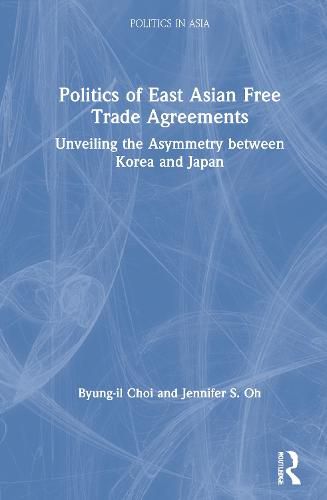Readings Newsletter
Become a Readings Member to make your shopping experience even easier.
Sign in or sign up for free!
You’re not far away from qualifying for FREE standard shipping within Australia
You’ve qualified for FREE standard shipping within Australia
The cart is loading…






This textbook explains the politics of free trade agreements in Japan and South Korea.
Examining free trade agreements in Japan and South Korea since the late 1990s, Choi and Oh analyze the role of institutions, political leaders, sectoral interests, and civil society in placing the two countries on alternate paths of free trade agreements at different points in time. Systematically approaching the politics of free trade agreements from each perspective, they expose the domestic political underpinnings of free trade agreements in a global trade order that is increasingly fraught with conflict.
A valuable textbook for students of international political economy and international trade in East Asia, particularly those focusing on Japan and South Korea. It’s also a useful resource for scholars and policymakers looking to better understand trade politics in East Asia.
$9.00 standard shipping within Australia
FREE standard shipping within Australia for orders over $100.00
Express & International shipping calculated at checkout
This textbook explains the politics of free trade agreements in Japan and South Korea.
Examining free trade agreements in Japan and South Korea since the late 1990s, Choi and Oh analyze the role of institutions, political leaders, sectoral interests, and civil society in placing the two countries on alternate paths of free trade agreements at different points in time. Systematically approaching the politics of free trade agreements from each perspective, they expose the domestic political underpinnings of free trade agreements in a global trade order that is increasingly fraught with conflict.
A valuable textbook for students of international political economy and international trade in East Asia, particularly those focusing on Japan and South Korea. It’s also a useful resource for scholars and policymakers looking to better understand trade politics in East Asia.